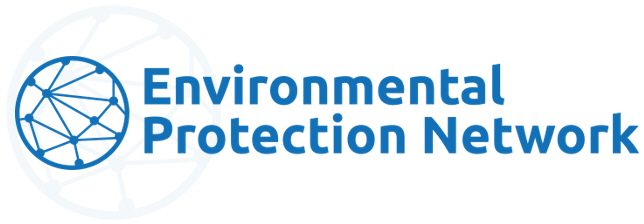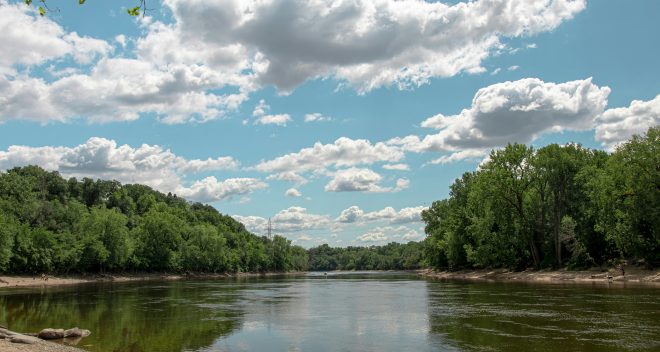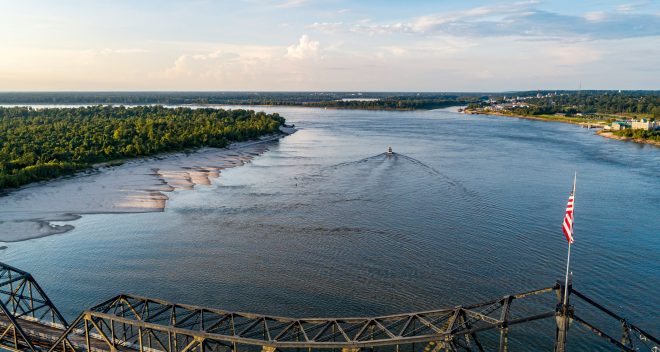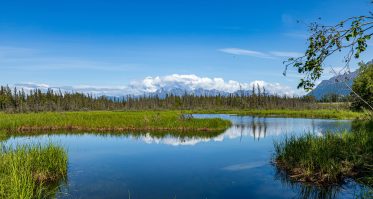EPN Articles Related To Water
EPN Oral Testimony on Updating the Water Quality Certification Regulations
Yet Another Trump EPA Proposal Hands Clean Water Decisions to Polluters
EPN Urges Trump EPA to Halt Proposed WOTUS Rule That Weakens Protections, Ignores Science and Puts Public Health at Risk
EPN Comments on Updated Definition of “Waters of the United States”
EPN Oral Testimony on EPA’s Proposed New Definitions for Waters of the U.S.
EPN Oral Testimony on EPA’s Proposed New Definitions for Waters of the U.S.
Re: Updated Definition of ‘Waters of the United States’; Request for Extension of Comment Period
EPN Urges EPA to Halt Epyrifenacil Registration, Citing Deficient Risk Review
Former EPA Scientist Warns New WOTUS Rule Strips Protections from Wetlands and Puts Clean Water at Risk
EPN IN THE NEWS RELATED TO Water
A closer look at forever chemicals
Betsy Southerland, former director of Science and Technology in EPA’s Office of Water, spoke with 11Alive about health concerns related to the rising PFAS contamination in water.
“Contaminated: The Carpet Industry’s Toxic Legacy”
Betsy Southerland, former director of Science and Technology in EPA’s Office of Water, was featured on Frontline PBS‘s documentary about the carpet industry’s role in spreading PFAS throughout our water and environment.
Letter: Don’t Overlook Trump’s Threat to Clean Water Act
Dave Evans, former Wetlands Division Director at EPA, authored an article for Richmond Times-Dispatch about Trump-era EPA rules weakening Clean Water Act protections.
Scientist: Environmental Impacts from Roseland Plant Fire Could Last Months or Longer
Robert Verchick, former Deputy Associate Administrator for Policy at EPA, spoke with Fox 8 about the impact a recent explosion in Tangipahoa Parish will have on the local water supply.







